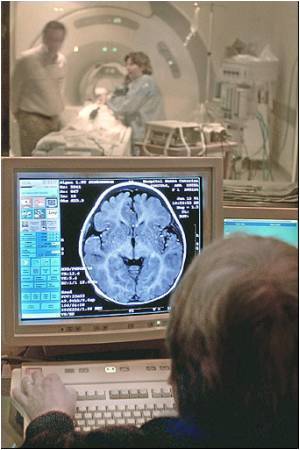Abnormalities in the process of blood clot formation may contribute to the pathogenesis of Alzheimer's disease (AD), new research has said.

One documented characteristic of AD is the deposition of ?-amyloid peptide (A?) in the walls of cerebral blood vessels, known as cerebral amyloid angiopathy (CAA). CAA leads to a degeneration of blood vessel walls, compromised blood flow, and significant cognitive decline. There is also evidence that vascular diseases such as stroke, atherosclerosis, and hypertension are associated with an increased risk of dementia and AD, and that an abnormally elevated level of fibrinogen, the protein critical for blood clot formation, is correlated with AD.
"Substantial evidence suggests that AD has a strong vascular component. However, there is no known mechanism that explains how A? could alter the process of blood clot formation," says senior study author, Dr. Sidney Strickland from the Laboratory of Neurobiology and Genetics at The Rockefeller University. Dr. Strickland and colleagues performed a series of experiments examining the relationship between A? and blood clot formation in AD.
They found that fibrin clots formed in the presence of A? were structurally abnormal and resistant to degradation. Importantly, AD mice with decreased levels of fibrinogen in their blood exhibited less A? accumulation in the walls of cerebral blood vessels and performed better in memory tasks. Based on these results, the authors propose a mechanism whereby the association between A? and fibrinogen causes altered blood clotting, leading to compromised blood flow and inflammation that contributes to the cognitive decline associated with AD.
The authors go on to suggest that their proposed mechanism may be effectively targeted for treatment of AD. "A drug that could interfere with the effects of A? on fibrin clot formation would in theory normalize any blood clots formed in the brain, hence improving cerebral blood flow and neuronal function and survival," explains Dr. Strickland. "Because such a drug would have little effect on general clotting in other locations where A? levels are low, this approach could have significant therapeutic benefit for the treatment of AD."
Advertisement














